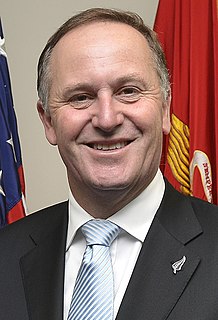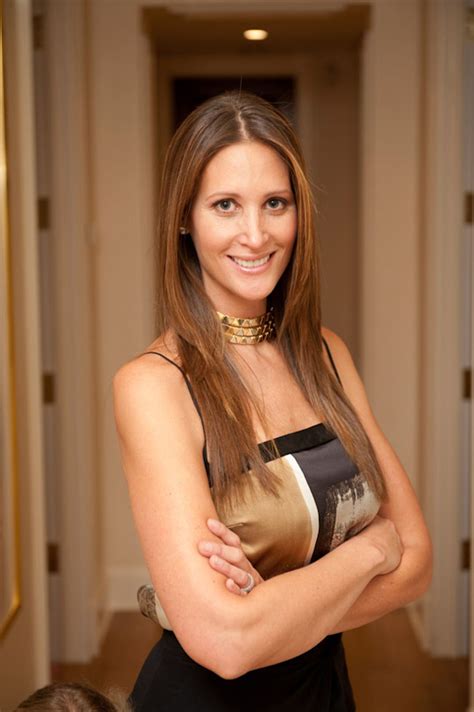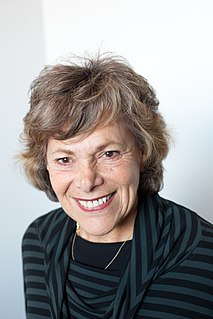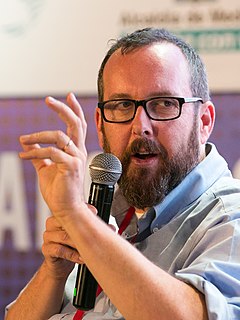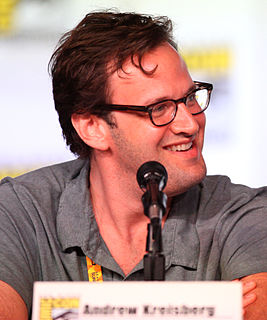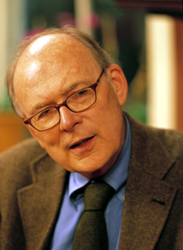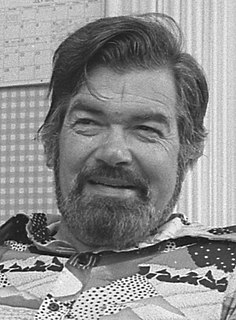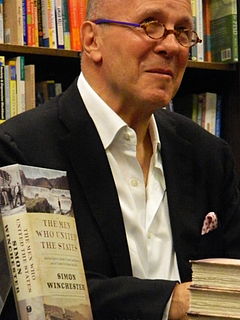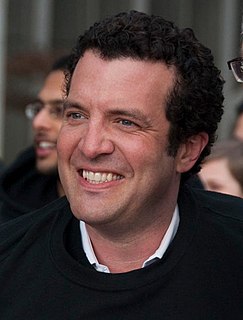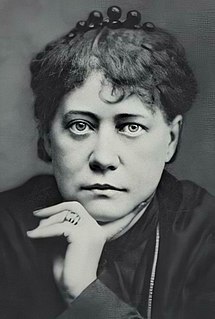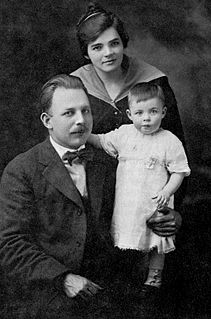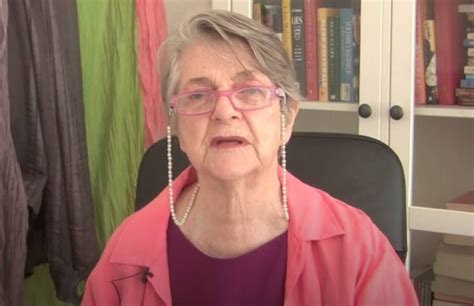Top 1200 Future Events Quotes & Sayings - Page 2
Explore popular Future Events quotes.
Last updated on April 19, 2025.
There are two kinds of people: one who goes on thinking about the future, not bothering about the present at all. That future is not going to come, that future is just a fool's imagination. I don't think about the future. I am a totally different kind of person. I don't think about the future at all, it is irrelevant.
The qualifying system helps the top guys like Sergio Garcia, who play most of their golf in the U.S. They can rely on the world rankings and just play their four extra events [with the four majors and three World Golf Championship events counting as seven European events]. But for the other guys it's tough, and I don't know if that can be changed. It is a tricky situation.
In the future, women will have breasts all over. In the future, it will be a relief to find a place without culture. In the future, plates of food will have names and titles. In the future, we will all drive standing up. In the future, love will be taught on television and by listening to pop songs.
Those of us who obsess over every word and action are constantly recalling past events, but that doesn't make them any less painful, nor does it help us transcend them. To write memoir, you have to not only recollect past events, you have to revisit them. You have to get back to the mental and emotional state you were in during those events.
Much of American wealth is an illusion which is being secretly gnawed away and much of it will be completely wiped out in the near future....So what is the rest of your future? A grisly list of unpleasant events -- exploding inflation, price controls, erosion of your savings (eventually to nothing), a collapse of private as well as government pension programs, and eventually an international monetary holocaust which will sweep all paper currencies down the drain and turn the world upside down.
It is so important to remember that, as we travel through life, there will be so many events which we can`t control. These are things that seemingly alter our lives forever or become barriers for living a life of fulfillment. It`s important to remember that the ultimate experience of life is not to be controlled by events. We all have difficult events in our lives - the loss of family members, economics, stress, litigation, government interference in our businesses, health challenges. Remember that it is not the events that shape our lives, but, rather, the meaning we attach to them.
News has a way of distancing us from events, even as it informs us about them. News articles almost always present both the event and the responses at the same time - how is President Barack Obama or Congress responding to the events? I think this reflects a deep need we have to feel that things are under control and that events are subject to our influence.

